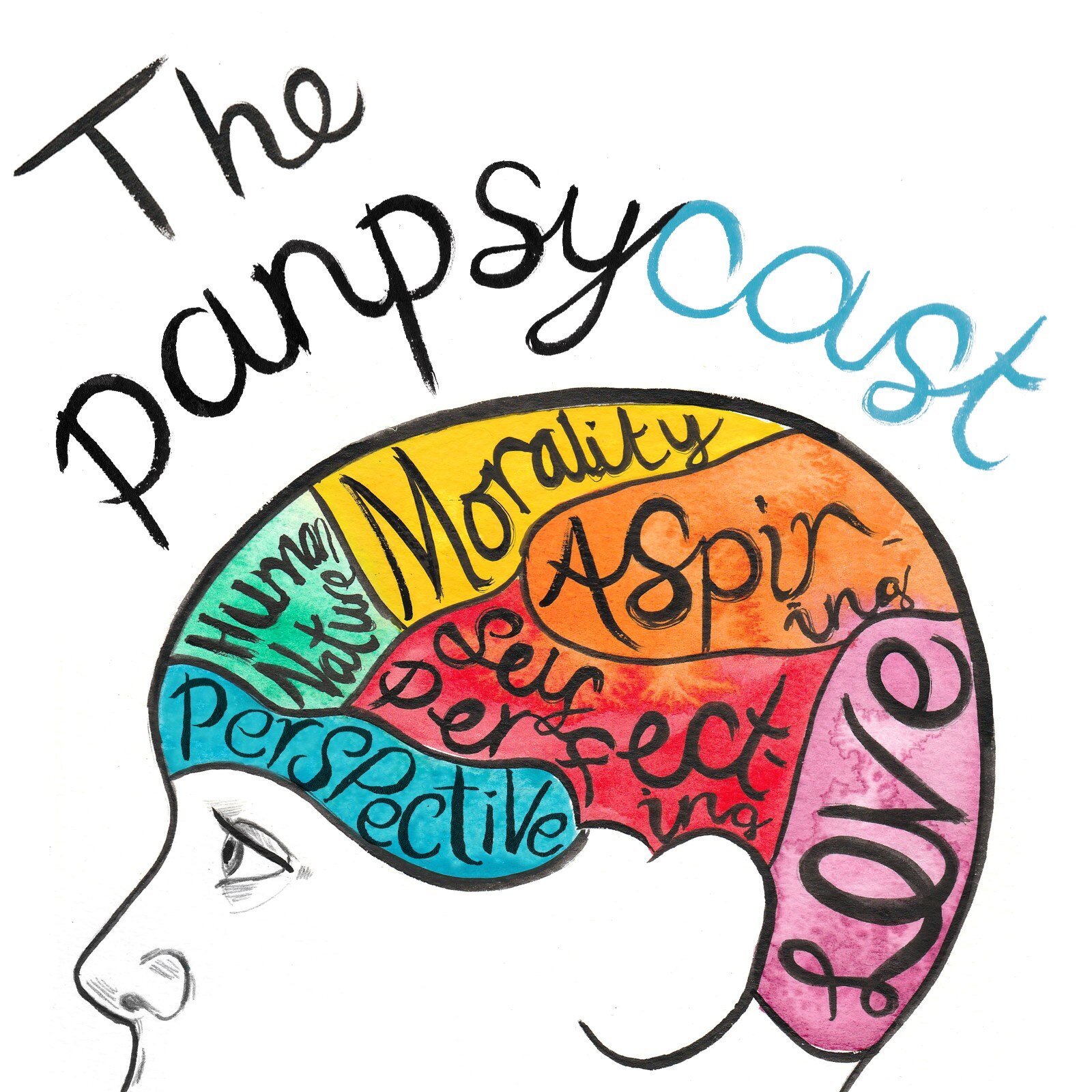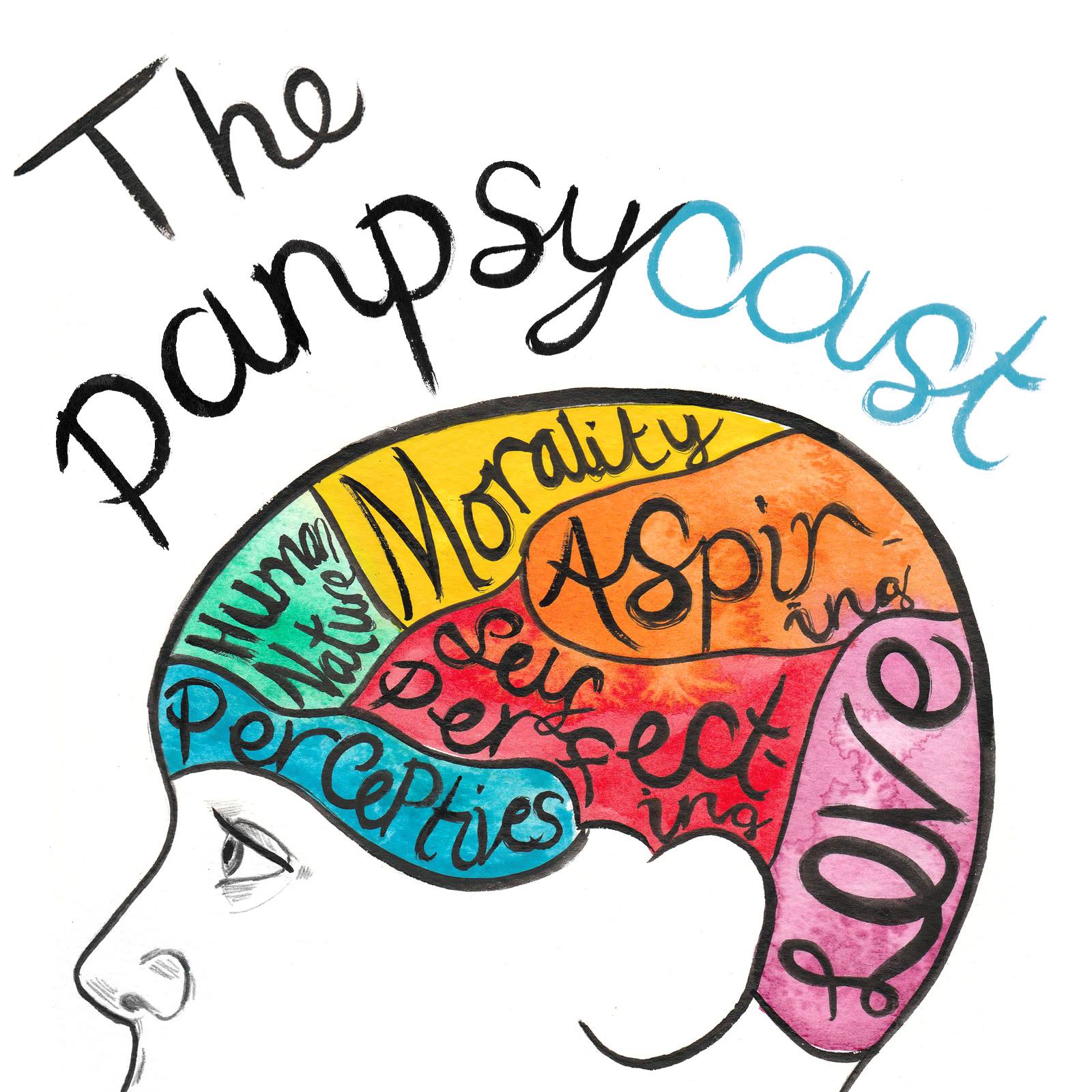Welcome to 'Episode 81 (Part I of II)’ where we’ll be discussing the death of the universe with Katie Mack.
Approximately 13.8 billion years ago, an infinitely dense state of an infinitely large universe lay dormant upon the backdrop of existence. Then, the expansion of everything. The potential for trillions of galaxies sprung out from this same point, and today, they shine like fairy lights in the darkness of the vast cosmos. From our own little planet, bursting with life, art, culture, and science, we can observe the effects of the big bang and the universes’ continuing expansion. We can see the beginning, but we can also see the end. In about five billion years, the sun will swell to around 250 times its current size, leaving our once blue and white planet a lifeless, magma-covered rock. That’s settled, the apocalypse is coming: the land will fry and the seas will boil - but there is more at stake than the Earth. What matters now is the bigger question: how will the universe end?
In this episode, we’ll be discussing the impending doom of the cosmos with theoretical astrophysicist Katherine Mack. Katie is Assistant Professor of Physics at North Carolina State University. As well as making huge contributions to the field of astrophysics, Katie is one of the most active public-facing scientists in the world today. From publications in Slate, Scientific America, and Time Magazine, to featuring on the BBC and being quoted in the song lyrics of Hozier, Katie’s work is expanding into the furthest corners of our planet. Grab the cosmic popcorn, it’s a question as old as time itself: how will the universe end?
The file size is large, please be patient whilst the podcast buffers/downloads/expandsContents
Part I. The Death of the Universe
Part II. Further Analysis and Discussion




